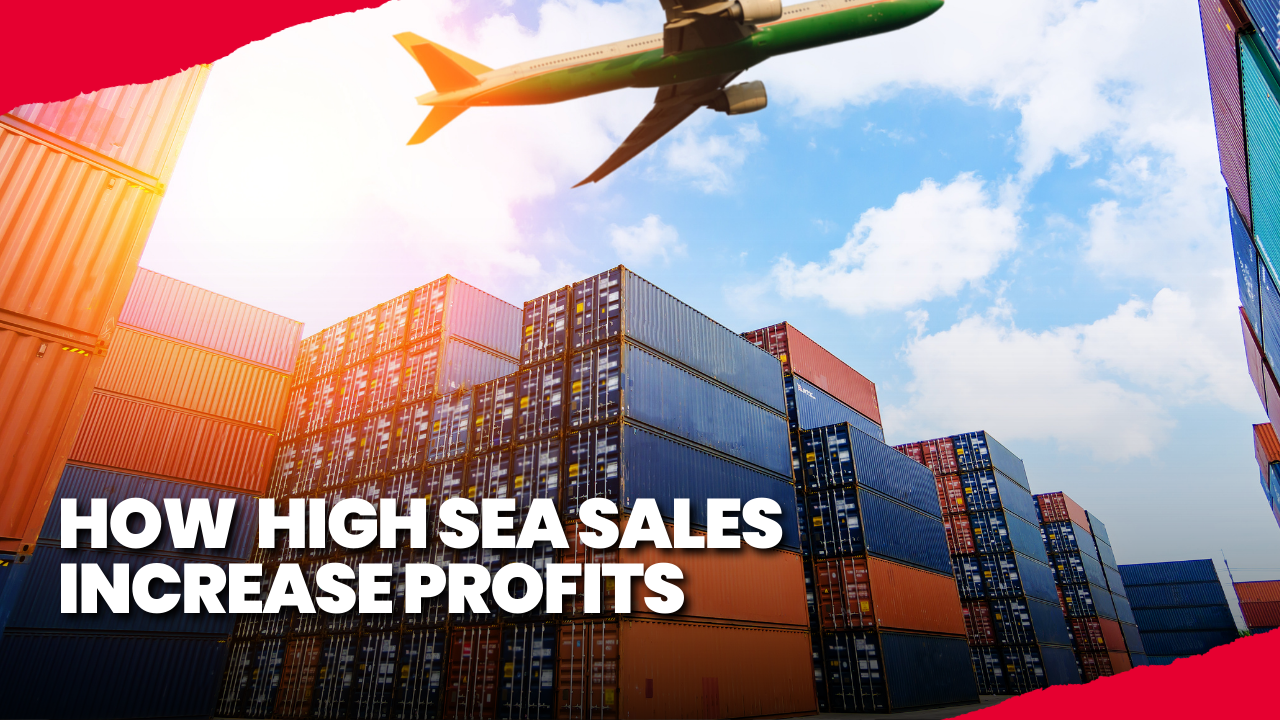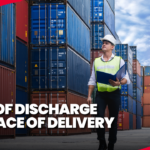
Do you own a business, or are you an importer who wants ways to simplify your supply chain while decreasing costs? Finding the right balance between profit margins and regulatory compliance is a common challenge in the complexities of international trade. High Sea Sales (HSS) is one approach that has the potential to provide significant advantages. But what exactly do high sea sales mean, and how can they help your company? To help you make the most of this potent trading strategy, this guide will cover the implications of High Sea Sales, including their benefits, procedures, and compliance considerations.
What is High Sea Sales?
The term “high sea sales” (HSS) describes the procedure of selling imported products to a third party before they cross the customs border of the importing country or while they are still in transit (on the high seas).
This is a common practice in international trade, particularly in the export-import sector.
The usual procedure for signing a high sea sales agreement or contract is to wait until the products have left the exporting country but before they enter the importing one.
Within the time frame of the bill of lading’s date and the vessel’s arrival at the discharge port, the sale must take place, and the buyer’s approval is required. Traders can save money by purchasing items in bulk and reselling them at a later date without ever having to handle the things themselves.
What are the benefits of High Sea Sales
Cost Efficiency for the Original Importer
The original buyer can purchase items at a lesser cost and resell them for a profit.
Accelerated Availability for the End User
Compared to importing straight from the source country, the end user can get their hands on items faster, leading to higher productivity.
Partial cargo Purchases
Instead of buying the whole cargo, final buyers can buy just the parts they need.
Tax Exemption
Since sales over the high seas are not within India’s territory, there is no sales tax.
Getting Tax Breaks
When a customer presents a bill of entry for domestic consumption at customs, they may be qualified for tax reductions.
Which documents required for Sales at Sea
An agreement between a buyer and a recipient of high sea sales that is documented in writing.
- The sale or commercial invoice details the amount and pricing of the imported goods and is prepared in the currency of the importing nation rather than in a foreign currency.
- Along with other necessary import documentation, you must send a copy of the bill of lading that confirms ownership to the consignee.
- While the high sea sale invoice price is fixed, the import invoice reflects the original contract between the consignee and seller, which can fluctuate.
- A document is required for customs clearance, and a Certificate of Origin describes where the products were made.
- The original policyholder can transfer their insurance to the new purchase with an insurance certificate.
High Seas Sales Process
Obtain an IEC certificate
The buyer making the purchase over the high seas is required to do so.
Sign High Sea Sale Agreement
After the products leave the exporter’s border but before they reach India, the seller and buyer enter into an arrangement known as a high sea sale.
Endorse Bill of Lading
To transfer designation to the high sea sales buyer, the original buyer endorses the bill of lading.
Submit Appropriate Documents
The bill of lading, commercial invoice, import invoice, and certificate of origin are all needed pieces of paperwork, and the original purchaser gives these to the new buyer.
Clearance at Customs
The purchaser in an international sale must pay all taxes and fees and submit a bill of entry to facilitate clearance at customs.
Wrapping It Up
Some of the major benefits of High Sea Sales are simplified international trade and reduced tax liability. There is no sales tax due because the transaction takes place outside of India’s legal system. Trading companies can optimize their supply chains by selling items to multiple buyers while they are still on the high seas.
FAQs
High Sea Sales makes it possible for importers to purchase items at a lower price and then sell them at a profit, with faster delivery and without having to pay sales tax.
When products are cleared through customs in India, the Integrated Products and Services Tax (IGST) is imposed.
High Sea Sale Agreement, Sale Invoice, Bill of Lading, Import Invoice, Certificate of Origin, and Insurance Certificate are important documents.







